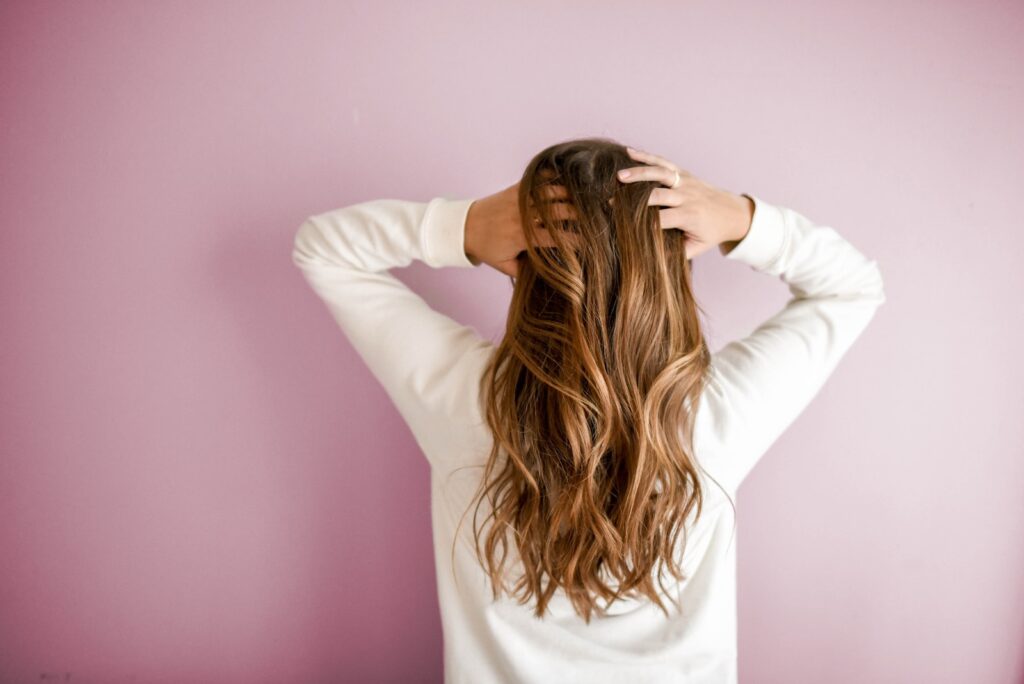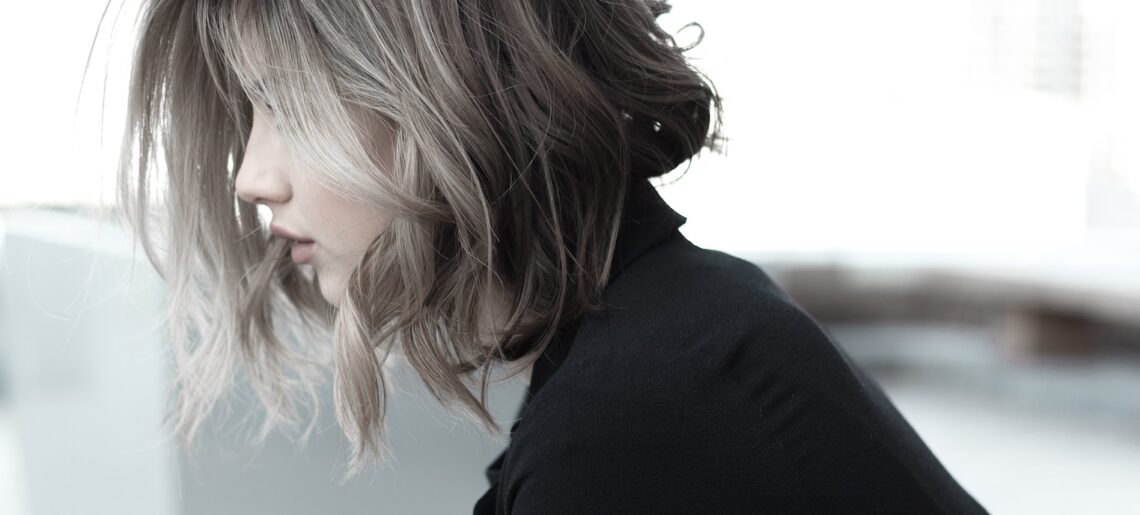Your hair can say a lot more about your health than you might think. It’s not just a matter of aesthetics or how you style it – the condition, texture, and even the growth rate of your hair can provide important clues about your overall well-being. In this blog, we’ll delve into the intricate relationship between hair health and general health, as well as some warning signs to watch out for. And while the immediate solution might seem to reach for your bottle of deep cleansing shampoo, it’s crucial to understand that the roots of these issues often lie much deeper.
1. Dry, Brittle Hair
A lustrous mane indicates good health, while dry, brittle hair could be a sign that something’s amiss. In many cases, this can be a result of a deficiency in essential fatty acids, zinc, or biotin. Thyroid imbalances, especially hypothyroidism, can also lead to this condition. A diet rich in omega-3s, proteins, and minerals can go a long way in ensuring the health of your tresses and, by extension, your overall health.
2. Thinning or Hair Loss
It’s normal to lose about 50 to 100 hairs a day. However, if you notice clumps of hair coming out when you brush or significant thinning, it might be a cause for concern. Apart from genetic factors, hair loss can be attributed to stress, hormonal imbalances, poor diet, and certain medications. Conditions such as alopecia areata, where the immune system attacks hair follicles, can also lead to hair loss. Chronic illnesses, surgeries, or traumatic events can trigger temporary hair loss called telogen effluvium.
3. Premature Graying
While genetics plays a pivotal role in when you’ll start to see gray hairs, premature graying can be a sign of underlying health issues. Deficiencies in vitamin B12, iron, and vitamin D3 have been linked to early graying. It can also indicate oxidative stress, which is when free radicals outnumber the body’s antioxidants, leading to cell damage.
4. Scalp Conditions
A healthy scalp is the foundation for healthy hair. Conditions like dandruff, psoriasis, and fungal infections not only cause discomfort and itching but can also be indicative of an imbalanced diet, stress, or other health conditions. An oily scalp can be a result of excessive sebum production, hinting at a possible hormonal imbalance.
5. Dull Hair
If your once-shiny hair starts to lose its sheen, it could be due to a variety of factors. Often, it’s a sign of a deficiency in vital nutrients or a diet low in protein. Dull hair might also result from excessive exposure to pollutants, chlorinated water, or styling products. Moreover, underlying health conditions like chronic fatigue or ongoing stress can impact the health and vibrancy of your hair.
6. Slow Growth
While genetics determines the rate at which your hair grows, any sudden change in its growth pace is noteworthy. A sluggish growth rate might be linked to nutritional deficiencies, especially in proteins, iron, and essential vitamins. Systemic issues, including hormonal imbalances or chronic diseases, can also stifle your hair’s growth potential.
How to Address These Signs?
Awareness is the first step. Once you’ve identified potential warning signs, it’s essential to consult a healthcare professional. While reaching for cosmetic solutions might seem tempting, addressing the root cause is paramount. A balanced diet, rich in proteins, vitamins, and minerals, can often help restore hair health.
Incorporating a holistic lifestyle can also be beneficial. Practices like meditation, yoga, and regular exercise can reduce stress levels, which play a significant role in hair health. Additionally, avoiding excessive heat treatments, chemical-laden products, and ensuring that you don’t over-wash your hair can help maintain its natural vitality.
When it comes to choosing products, always read the label. Opt for those with natural ingredients and avoid those laden with harsh chemicals. While a deep cleansing shampoo might be beneficial for occasional use to rid your scalp of product buildup, it’s essential to ensure that it doesn’t strip away the hair’s natural oils.

Hair is often dubbed the “crowning glory” and for a good reason. Not only does it play a pivotal role in how we present ourselves, but it also serves as a window into our internal health. By staying vigilant and recognizing the warning signs, we can address potential health issues early on and ensure that our hair remains a true reflection of our well-being.



